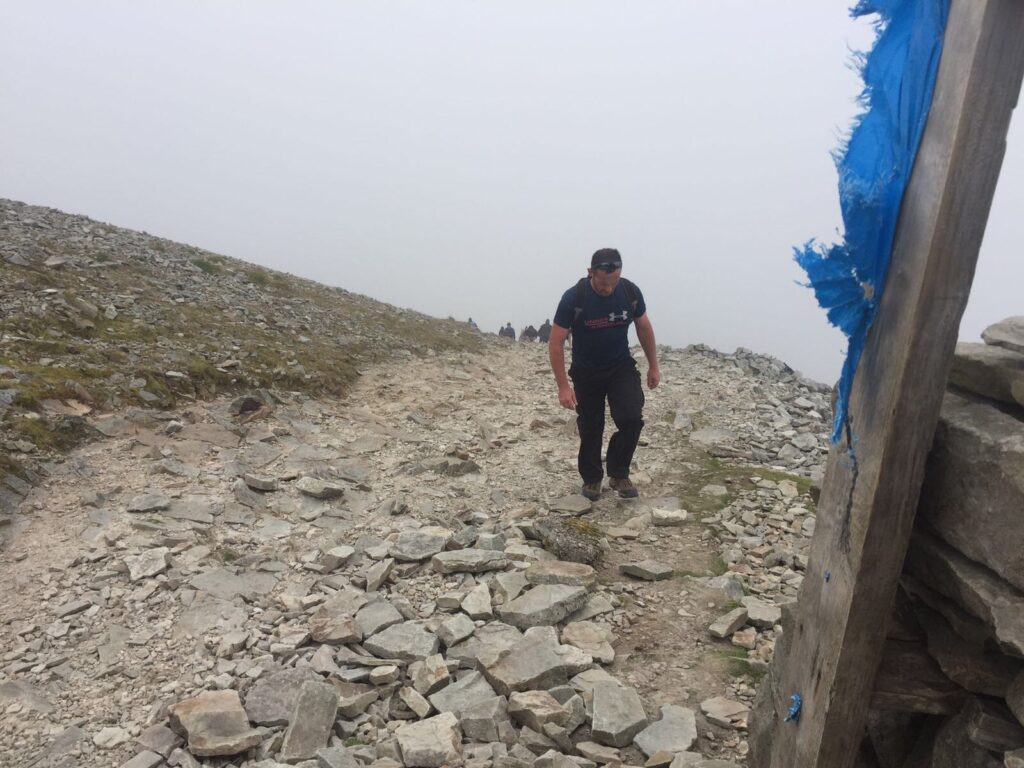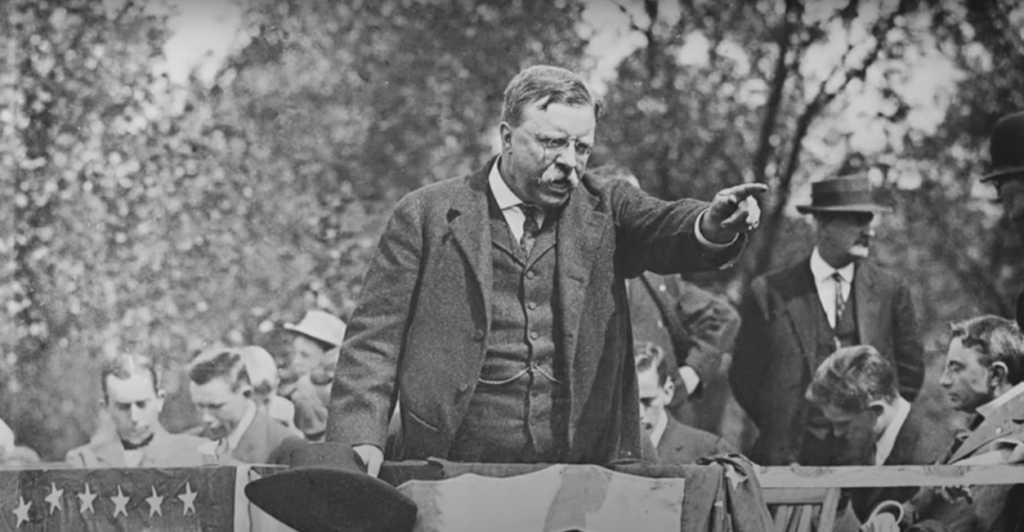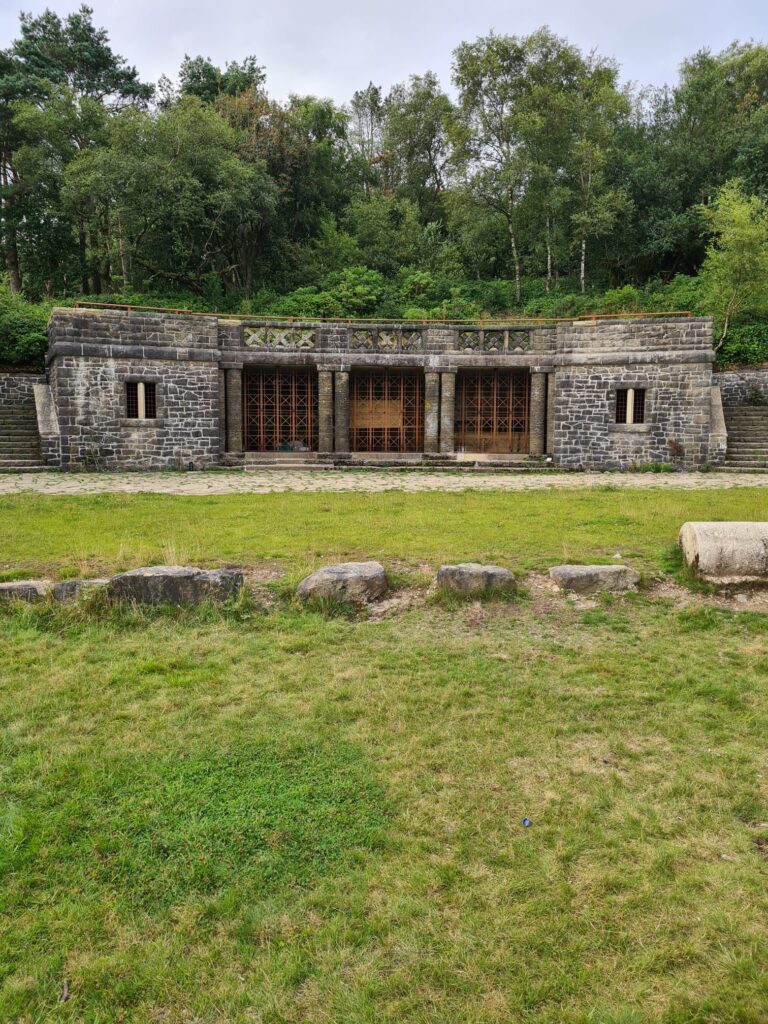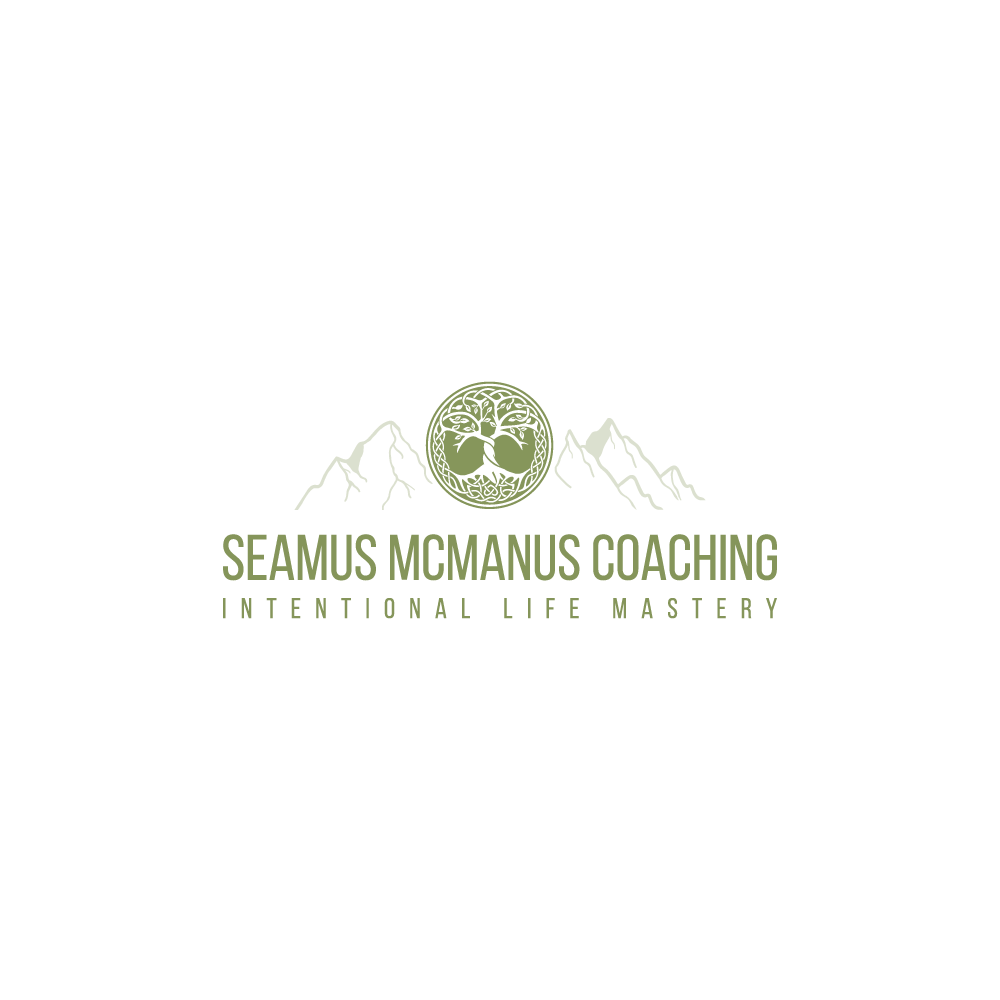A Journey Like No Other
In this article, I want to talk about a journey. But not just any old journey. Your journey. The hero’s journey. Now, you may be wondering, what exactly does that mean? Well, this blog post was actually inspired by a recent podcast I presented on the subject of “The Hero’s Journey”. I am still amazed by the amount of people that have never heard of the journey. So, If this is your first time hearing about the subject, I am very honoured to introduce you.
“The Hero with a Thousand Faces” by Joseph Campbell serves as the foundation for understanding the hero’s journey. In this ground-breaking book, Campbell delves into the mythology and folklore of diverse cultures, discovering a common pattern in their stories. He identified a structure that many heroes follow as they embark on a transformative journey, aptly named the Hero’s Journey.

What is the Hero’s Journey?
Rather than providing an exhaustive review of Campbell’s extensive work, I encourage you to explore the book yourself or seek out other resources that delve into this fascinating subject. The hero’s journey can be summarised into 12 steps, although Campbell’s book discusses as many as 17 stages. For your times sake, we’ll focus on the three main sections: the Departure, the Initiation, and the Return.
The Departure: Leaving the Ordinary
The hero’s journey begins with the Departure, where the hero leaves their familiar world and ventures into the unknown. This departure may be prompted by a call to adventure or a crisis that forces them to leave their comfort zone. Along the way, the hero often encounters a mentor or receives aid to guide them on their transformative path.
The Initiation: Challenges and Transformation
During the Initiation stage, the hero faces a series of trials and challenges that lead to profound transformation. These trials may involve battling enemies, forming alliances, and overcoming obstacles that test the hero’s abilities. The hero may even experience a symbolic death and rebirth, emerging with newfound wisdom, powers, or insights. This part of the journey is rich with opportunities for personal growth and self-discovery.
The Return: Integration and Sharing the Gifts
The final section of the hero’s journey focuses on the hero’s return to their ordinary world. Having undergone a transformative experience, the hero brings back a gift or treasure acquired during their journey, which can benefit not only themselves but also others. However, the hero may face a final challenge or ordeal before fully reintegrating into their old life. This phase highlights the importance of integrating the lessons and experiences gained during the journey into everyday life.

Significance of the Hero’s Journey
The hero’s journey holds immense cultural and psychological significance. It taps into universal human experiences, emotions, and archetypes, providing a framework for understanding the world around us. This structure also offers a powerful blueprint for personal growth and transformation. By recognising the stages of the hero’s journey, we gain insight into the challenges we face in our own lives and how we can overcome them. The hero’s journey serves as a reminder that life is a continuous adventure, and we have the power to embark on our own transformative journeys.
Examples of the Hero’s Journey in Popular Movies
Campbell’s book has had a profound influence on authors, filmmakers, and storytellers across various mediums. It provides a framework for character development and captivating narratives. Once you familiarise yourself with the hero’s journey, you’ll begin to recognise its presence in countless films. Here are a few examples:
“Star Wars: A New Hope”
“The Matrix”
“The Lion King”
“The Lord of the Rings: The Fellowship of the Ring”
These movies exemplify the hero’s journey, showcasing how the protagonists go through various stages, including the call to adventure, the refusal of the call, initiation through challenges, and finally, a return transformed.

Overcoming Fears in the Hero’s Journey
Undertaking the hero’s journey involves confronting fears and overcoming obstacles. When embarking on a personal journey or making significant changes in our lives, it’s common to experience a range of fears, such as:
Fear of the Unknown: The call to adventure can be intimidating because it often involves stepping into uncharted territory. We may fear what lies ahead and how it will impact our lives.
Fear of Failure: The possibility of failure can loom large in our minds. We worry about not meeting expectations or falling short of our goals.
Fear of Rejection: Stepping outside our comfort zones can make us vulnerable to criticism or rejection from others. The fear of being judged or misunderstood can hold us back.
Fear of Losing Control: Change often disrupts our sense of control and familiarity. We may fear the loss of stability and the uncertainty that comes with it.
Fear of Change: Humans are creatures of habit, and change can be unsettling. We may resist leaving our comfort zones and prefer the safety of what we know.
Fear of the Past: Past experiences and traumas can create a fear of repeating the same mistakes or encountering similar challenges.

Working through the fears
To achieve personal growth and fulfilment, it’s essential to recognise and work through these fears. And here’s how to do it:
Embrace the Hero’s Mindset: Understand that the hero’s journey is about your personal growth and transformation. While the support and approval of others are valuable, ultimately, you are the one who needs to make the changes and grow as an individual.
Surround Yourself with Supportive People: Seek out individuals who believe in your goals and aspirations. Surround yourself with people who offer encouragement, guidance, and constructive feedback. Their support can bolster your confidence and help you navigate challenges.
Focus on Your Growth and Development: It’s natural to worry about what others think or say about us. However, staying focused on your personal growth and development is crucial. Remember that the hero’s journey is about learning, evolving, and stepping into your full potential.
Embrace the Unknown: The hero’s journey often involves venturing into the unknown. Embrace the uncertainty as an opportunity for growth and learning. While it may feel daunting, remind yourself that the unknown is also filled with possibilities and new experiences.

Facing Criticism and Doubt
If you find yourself feeling judged or discouraged by criticism or doubt from others, remember the empowering words of “The Man in the Arena.” This iconic speech by Theodore Roosevelt underscores the importance of taking action and not being deterred by criticism or failure. The famous quote from the speech goes as follows: “It is not the critic who counts.”
Roosevelt’s speech encourages us to focus on our efforts and actions rather than the opinions of others. The speech emphasises that those who are actively engaged in pursuing their goals, despite facing criticism and obstacles, are the ones truly making a difference.
This message resonates deeply with individuals on a personal journey of growth and transformation. As you pursue your goals and dreams, you may encounter scepticism or doubt from those around you. Roosevelt’s speech reminds us that our actions and efforts matter more than the opinions of critics or bystanders.

Embracing the Hero’s Journey in Our Own Lives
While the hero’s journey may sound appealing, many people hesitate to embark on this transformative path. There are several reasons why individuals may refuse the call to adventure:
Fear of Leaving the Comfort Zone: The hero’s journey often requires us to step outside our comfort zones and confront the unknown. This can be intimidating, and some may prefer the familiarity and security of their current situation.
Obligations and Commitments: Many individuals feel tied to existing obligations, such as family or work responsibilities, that they believe they cannot abandon. These commitments can make it challenging to embark on a personal journey of growth and transformation.
Loyalty to Community or Culture: Some individuals may have a strong sense of loyalty to their community or culture, which can make them hesitant to leave their familiar world. They may fear that pursuing their own journey conflicts with their values or the expectations of those around them.
However, refusing the call to adventure can lead to stagnation and a lack of personal growth. By embracing the hero’s mindset and recognizing the importance of our own journey, we can overcome these obstacles and embark on a path of self-discovery and transformation.
Parallel Journeys: Balancing Responsibilities and Personal Growth
It’s important to remember that embarking on a personal journey doesn’t necessarily mean abandoning all other responsibilities. It’s possible to pursue personal growth and transformation while still honouring our commitments and obligations. Here are some ideas to consider:
Allocate Time for Personal Development: Set aside dedicated time each day or week to focus on your personal growth. This could involve joining new groups or organizations that challenge your current beliefs or thought processes. Seek out opportunities that align with your goals and values.
Seek Support from Loved Ones: Communicate your aspirations and journey to those close to you. Share your vision and the importance of personal growth in your life. Seek their understanding and support as you navigate both your responsibilities and your journey.
Practice Self-Care and Self-Reflection: Take time to care for yourself and reflect on your progress. Engage in activities that nourish your mind, body, and soul. Regular self-reflection allows you to assess your growth and make adjustments along the way.
Embrace a Growth Mindset: Adopt a mindset of continuous learning and improvement. View challenges and setbacks as opportunities for growth and resilience. Remember that every step, no matter how small, moves you closer to your goals.
Conclusion: Embrace Your Heroic Journey
In conclusion, the hero’s journey is a profound framework that can inspire and guide us on our personal quests for growth and transformation. By understanding the stages of the hero’s journey, we gain insight into the challenges we face and the potential within ourselves. We can overcome fears, seek support, and balance our responsibilities while pursuing our own path.
Remember, it’s your journey. Embrace the call to adventure and step into the unknown. You have the power to embark on a transformative journey, discovering your true potential and creating a life of fulfilment. Embrace your inner hero, face the challenges that come your way, and emerge as a changed and empowered individual.
Séamus

You helped me a lot by posting this article and I love what I’m learning.